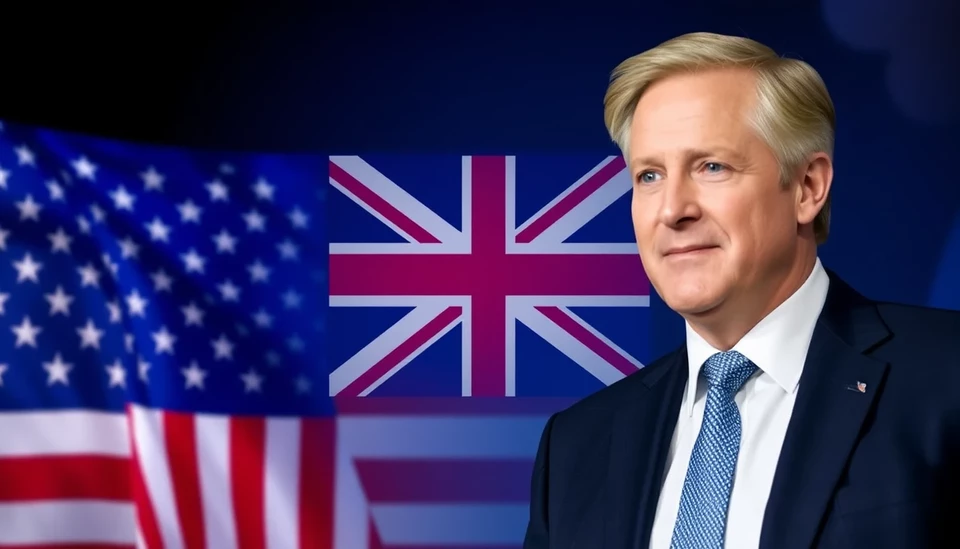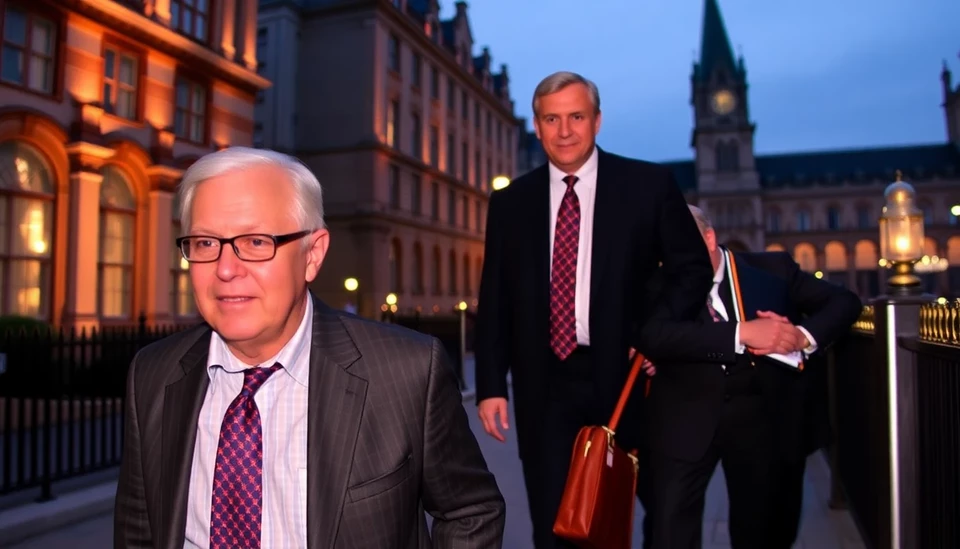
In a significant diplomatic shift, Britain is focusing its efforts on securing a tailored agreement centered around technology and artificial intelligence (AI) with the United States, rather than pursuing a broad free trade deal. This strategic pivot highlights the UK’s recognition of the evolving global economy and the critical importance of tech and AI in driving future growth.
The British government has signaled that it is intent on leveraging its strengths in the tech sector to forge closer ties with the U.S., which is home to some of the world's leading technology firms and innovation hubs. By emphasizing a specialized agreement, UK officials believe they can foster a more efficient collaboration that cuts through the complexities often associated with sweeping trade agreements.
According to government sources, discussions are already underway to outline the parameters of this prospective tech-focused partnership. The ambitions behind this initiative include easing regulatory barriers that currently hamper collaboration between American and British tech companies, enhancing data sharing practices, and jointly developing standards for emerging technologies.
This approach marks a departure from the previous administration's stance on trade following Brexit, which had prioritized negotiating extensive free trade agreements with various countries. The UK is now recalibrating its strategy to ensure that it remains competitive in the global marketplace, particularly in sectors that are expected to drive future economic prosperity.
With the rapid advancement of AI technologies and the digital economy, officials emphasize the necessity of stepping up collaboration with international partners. The goal is not only to maintain existing competitiveness but also to secure a leadership position in the future of technology and innovation.
Moreover, experts suggest that a dedicated tech agreement with the U.S. could serve as a model for future partnerships with other countries, ultimately positioning the UK as a key player in setting global tech standards. This targeted approach might also have implications for international relations, providing the UK with a stronger negotiating position in other trade-related discussions.
By focusing on tech and AI, the UK seeks to harness the expertise and resources of U.S. companies while offering access to its own markets and talent. This could lead to increased investment in British tech startups and further innovation within the sector.
In summary, the UK’s new direction emphasizes the importance of forging strategic partnerships centered around technology and AI, aligning with its broader economic goals post-Brexit. As negotiations progress, the outcomes of this initiative may not only redefine UK-U.S. relations but could also set a precedent for future international tech collaborations.
As the world increasingly turns to technology as a driver of economic growth, this move reflects a forward-thinking approach that prioritizes innovation and cooperation over conventional trade agreements.
#UK #USA #Trade #Technology #ArtificialIntelligence #Brexit #Innovation #Collaboration #EconomicGrowth
Author: Rachel Greene




